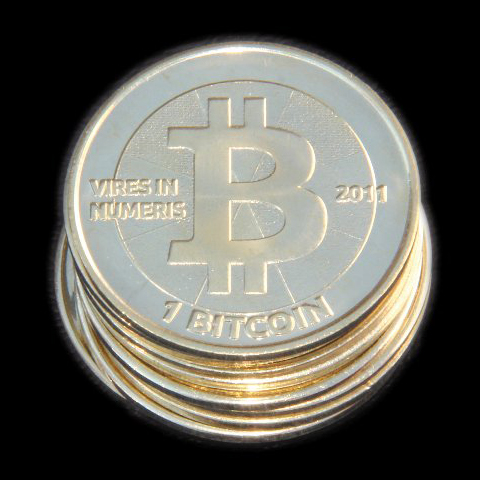 BitCoins could have a bright future in mobile commerce
BitCoins could have a bright future in mobile commerce
Virtual currency is gaining more popularity as consumers become more reliant on technology. BitCoins are considered the most popular of the virtual currencies that are currently available. These digital coins are exceedingly valuable, with a single coin being worth more than $240 at the height of its value. Virtual currencies are quite useful in the realm of mobile commerce, but they represent a certain risk in terms of a country’s economy because they are not strictly regulated like other currencies.
US agencies consider virtual currency threatening
The U.S. Department of Homeland Security considers BitCoins to be a serious threat. This currency is often used to purchase regular products from outlets like Amazon and eBay. BitCoins can, however, be used to purchase goods off the black market and are one of the ideal currencies in the drug trade. The federal agency recently seized the assets of Mt. Gox, the world’s largest BitCoin exchange, but this has done little to draw attention from the mobile commerce prospects of this currency.
BitPay aims to make BitCoins more mobile
BitPay, a relatively new startup focused on virtual currencies, has recently launched a new mobile commerce service. The company has announced that it has raised more than $2 million in funding for this initiative and aims to have it available to consumers in the near future. The new service will allow consumers to use BitCoins in a mobile commerce setting, offering consumers a way to use this currency on their mobile devices. BitPay believes that it is only a matter of time before BitCoins become as popular as email.
Mobile commerce may benefit from virtual currencies
BitPay has been in business since 2011, but the company has been relatively secretive since its founding. BitPay offers legal services that are often frowned upon given the association that BitCoins have with illegal activities and products. BitCoins themselves are not actually illegal in any way and have been gaining a significant amount of attention in the mobile commerce field as a way to encourage consumers to purchase products through their mobile devices.

 Retailer becomes more than mobile payments and e-commerce
Retailer becomes more than mobile payments and e-commerce